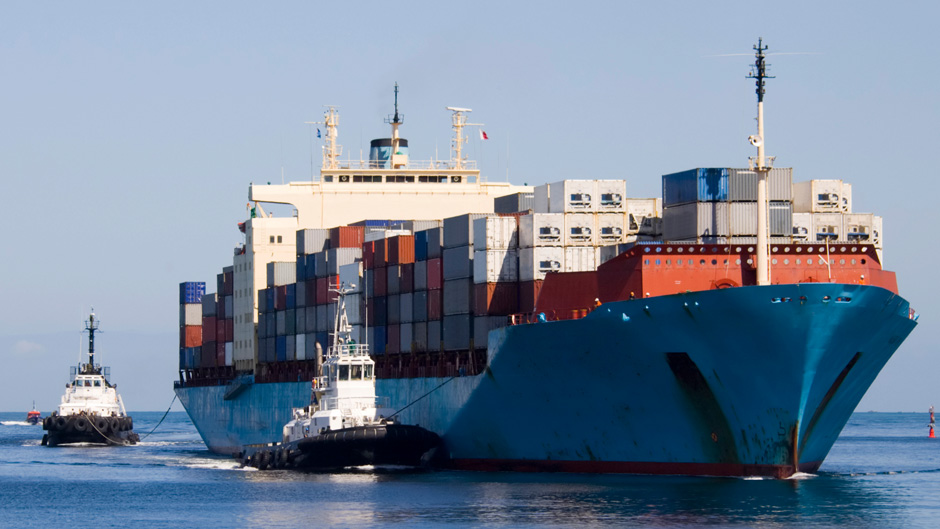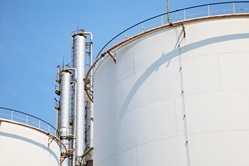
Publication
Navigating international trade and tariffs
Impacts of evolving trade regulations and compliance risks


On January 13, 2017, President Obama issued an Executive Order that will revoke provisions of prior Executive Orders that authorized the imposition of sanctions on Sudan if, during the next six months, Sudan sustains the positive actions that gave rise to the new Executive Order. In conjunction with the President’s action, the US Department of the Treasury, Office of Foreign Assets Control (“OFAC”) amended the SSR to add a general license, effective January 17, 2017, authorizing all transactions prohibited by the SSR, as well as by Executive Orders 13067 and 13412. As a result, US persons generally are able to transact with individuals and entities in Sudan, and the property of the Government of Sudan subject to US jurisdiction is unblocked. The general license only authorizes transactions that are prohibited under the SSR and does not affect other OFAC sanctions programs, including those related to Darfur or South Sudan. Additionally, the six-month review period in the new Executive Order leaves open the possibility that the sanctions could be reinstated in the event that the US government determines, on or before July 12, 2017, that Sudan has not continued to take the positive actions that led to the Executive Order. OFAC has published a fact sheet and updated FAQs providing additional details.
For almost two decades, Sudan has been subject to comprehensive US sanctions. The Sudan sanctions program began in 1997, when President Clinton issued Executive Order (“E.O.”) 13067,1 declaring a national emergency with respect to the Government of Sudan’s policies and actions. E.O. 13067 imposed a trade embargo against the entire territory of Sudan and a comprehensive blocking of the Government of Sudan. In 2006, President Bush expanded the scope of the national emergency related to Sudan to specifically include Darfur and issued E.O. 13400,2 blocking the property of certain persons involved in the conflict in Sudan’s Darfur region. Later that year, President Bush issued E.O. 13412,3 taking additional steps with respect to the national emergency declared in E.O. 13067. E.O. 13412 continued the comprehensive blocking of the Government of Sudan imposed by E.O. 13067, but exempted the then-regional Government of South Sudan as well as certain specified areas4 from most of the prohibitions under the Sudan sanctions program.5
The new Executive Order, “Recognizing Positive Actions by the Government of Sudan and Providing for the Revocation of Certain Sudan-Related Sanctions,” provides a path for the permanent revocation of the sanctions provisions in Executive Orders 13067 and 13412 on July 12, 2017, provided that the Secretary of State publishes in the Federal Register on or before that date a notice stating that the Government of Sudan has sustained the positive actions that gave rise to the Executive Order and provides to the President a report on the Government of Sudan’s progress.
On January 17, 2017, OFAC published an amendment to the SSR, adding a general license at section 538.540 of the SSR that authorizes all transactions prohibited by the SSR and by Executive Orders 13067 and 13412. More specifically, US persons are now authorized, without the need to obtain a specific license from OFAC, to process transactions involving persons in Sudan; to engage in imports and exports that were previously prohibited under the SSR; and to engage in transactions involving property in which the Government of Sudan has an interest.
This regulatory amendment has the following effects:
Importantly, certain restrictions related to Sudan remain, including the following:
Accordingly, as important limitations remain in place, companies doing business in Sudan should continue to maintain appropriate compliance policies and procedures, including due diligence and screening to ensure that they do not engage in any transactions with Sudanese individuals or entities that remain blocked pursuant to Executive Order 13400 or any OFAC sanctions authorities other than the SSR, Executive Order 13067, and Executive Order 13412.
We will continue to monitor these developments and issue additional briefings as warranted.
1 Exec. Order No. 13, 067, 62 Fed. Reg. 59,989 (Nov. 5, 1997).
2 Exec. Order No. 13,400, 71 Fed. Reg. 25,483 (May 1, 2006).
3 Exec. Order No. 13,412, 71 Fed. Reg. 61,369 (Oct. 17, 2006). E.O. 13412 also implemented the Darfur Peace and Accountability Act of 2006. Pub. L. No. 109-344, 120 Stat. 1869 (Oct. 13, 2006).
4 Southern Kordofan/Nuba Mountains State, Blue Nile State, Abyei, Darfur, and marginalized areas in and around Khartoum.
5 Effective July 1, 1998, OFAC issued the SSR, 31 C.F.R. part 538, to implement E.O. 13067. 63 Fed. Reg. 35,809 (July 1, 1998). The SSR were then amended effective October 31, 2007, to implement E.O. 13412. 72 Fed. Reg. 61,513 (Oct. 31, 2007). Effective May 28, 2009, OFAC issued the Darfur Sanctions Regulations, 31 C.F.R. part 546, to implement E.O. 13400. 74 Fed. Reg. 25,430 (May 28, 2009). Effective July 1, 2014, OFAC issued the South Sudan Sanctions Regulations, 31 C.F.R. Part 558, to implement E.O. 13664. 79 Fed. Reg. 37,190 (July 1, 2014).
6 In 2014, President Obama issued E.O. 13664, authorizing the imposition of targeted sanctions against specifically identified individuals and entities determined to be engaged in certain activities in South Sudan. Exec. Order No. 13,667, 79 Fed. Reg. 19,281 (Apr. 3, 2014).

Publication
Impacts of evolving trade regulations and compliance risks

Publication
Low carbon projects, especially those involving hydrogen and carbon capture and storage (CCS), play a crucial role in the journey towards global decarbonization.
Publication
As a general remark, Indonesia has not, at the date of preparing this summary, issued any regulation on hydrogen production, distribution and trade. It is expected that the upcoming New and Renewable Energy Law will provide a legal framework for the exploitation and utilisation of various new energy sources, including hydrogen.
Subscribe and stay up to date with the latest legal news, information and events . . .
© Norton Rose Fulbright LLP 2026